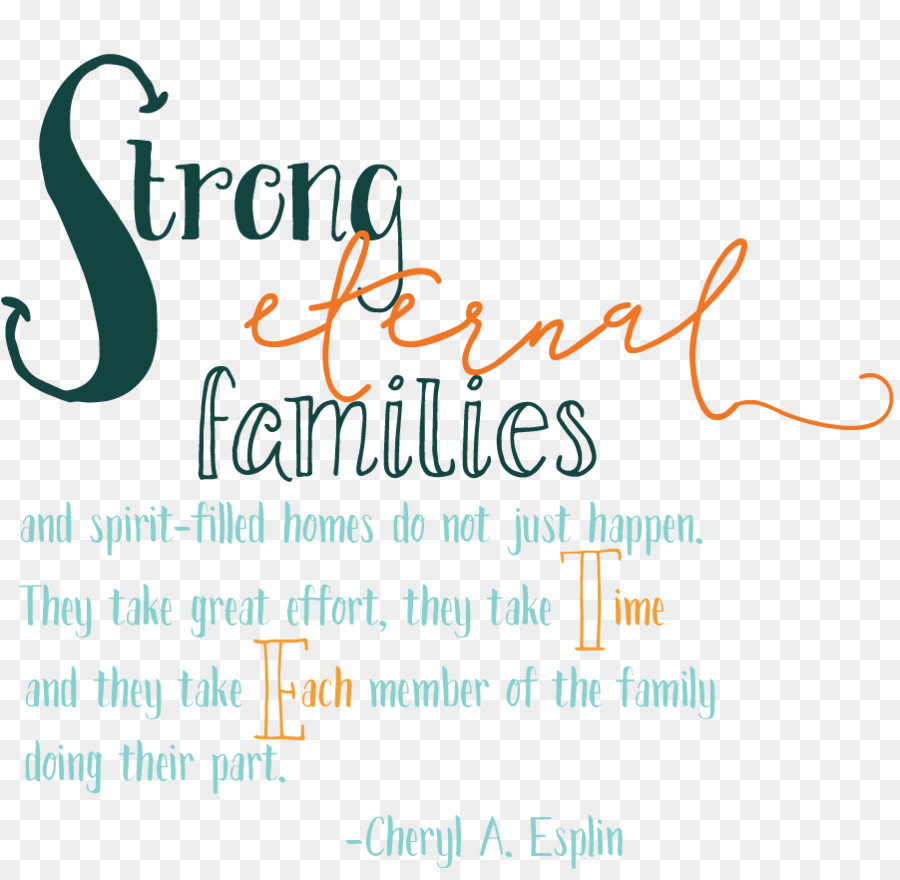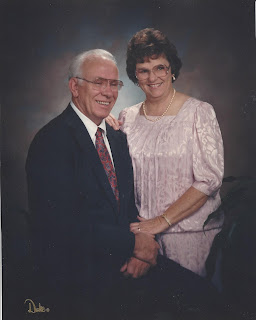
Family is everything! I have felt this way since I was
a child living with my parents and siblings, and now that I am married, I
still feel the same way! I love being with my husband, children, their spouses,
and my grandchildren! This week, while studying the materials about parent in-laws, I
realize even more, they are part of my family too, and will be for eternity.
I have loved my in-laws since the first time we met. Both my father-in-law,
Clint, and my mother-in-law, Lynette, have accepted and welcomed me into their
family. I have felt comfortable enough to call them, ‘Mom and Dad’ and they
have welcomed that title. James M. Harper, and Susanne Frost
Olsen (2005) have written a chapter titled, “Creating Healthy Ties with
In-laws and Extended Families.” They state, “While awkward at first, stronger
bonds are formed when in-law children call their in-law parents Dad and Mom and
get past the idea that this somehow compromises their loyalty to their own
parents.” (p. 331)

One month after marriage, I was at my in-law’s home and I had a terrible cough.
It concerned my mother-in-law so she offered some of my father-in-law’s
cough syrup. I did not want to offend her by refusing her kind offer, so I
watched her pour the thick, yellow liquid in a large spoon, while listening to
her tell me it works well, but it’s strong. I was determined to show that I was
not a wimp, even though I was reluctant to consume such a large amount of unknown medicine. I opened my mouth wide and took every bit of that syrup. I coughed
and gagged while running into the bathroom to spit in the toilet. I
couldn’t speak, my eyes watered, and I thought I would die! With a concerned
and puzzled look, she said, “Clint never had that reaction!” She smelled
the medicine, tasted a little on her finger, then yelled, “Tommy, who put dog
shampoo in this medicine bottle!” That was when we bonded, and we still laugh
about it.
I have watched how my parents and my husband’s parents have welcomed each son-
and daughter-in-law who have come into the family and I have learned from their
examples. They love and accept each one, yet they allow their married children
to create their own family and traditions. Seldom do I hear negative things
said about the others. Harper and Olsen (2005) declare, “Parents who can work
toward inclusion of a new son- or daughter-in-law and who show increased love
and support have the best relationships with their married children and more
influence in the lives of their grandchildren.” (p. 330) This is my goal. I
have four sons-in-law and three daughters-in-law. I love them all and am so
grateful they are part of our family. I have a son-in-law from Tonga and
another from Nicaragua. They add diversity and culture to our family. I have
one daughter-in-law who calls me ‘Mom’ and I love it, but it’s OK that the
others call me by name.
In the document, The Family,
A Proclamation to the World (1995), our leaders inform us, “The divine plan
of happiness enables family relationships to be perpetuated beyond the grave.
Sacred ordinances and covenants available in holy temples make it possible for
individuals to return to the presence of God and for families to be united
eternally.” This statement is a blessing and a comfort. I am grateful for
the Plan of Happiness and the opportunity we have to be sealed as a family;
a big, wonderful, diversified, extended family!
References
Harper, J. M. & Olsen, S. F. (2005).
"Creating Healthy Ties With In-Laws and Extended Families." In C. H.
Hart, L.D. Newell, E. Walton, & D.C. Dollahite (Eds.), Helping and healing our families: Principles and practices inspired by
"The Family: A Proclamation to the World" (pp. 327-334). Salt
Lake City, UT: Deseret Book Company
The
Family: A Proclamation to the World (1995) Retrieved from https://www.lds.org/topics/family-proclamation?lang=eng&old=true











